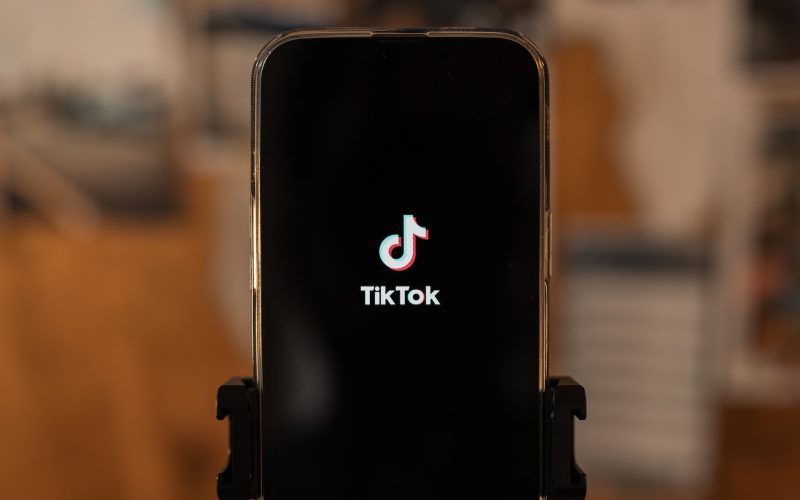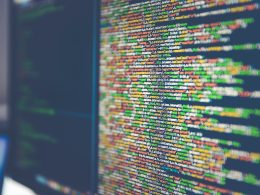Meta’s head of global affairs, Nick Clegg, recently accused TikTok of being a potential threat to national security due to its alleged ties to the Chinese government. Clegg’s comments, made in a speech at the Atlantic Council think tank, have reignited concerns about the popular short-form video app’s potential security risks and raised questions about the role of Chinese technology companies in the global digital landscape.
The former deputy prime minister of the UK, Clegg, who joined Facebook’s parent company Meta in 2018, stated that TikTok’s parent company, ByteDance, has close links to the Chinese government and its military, and that its data practices are concerning. He also highlighted the company’s track record of censorship and the fact that its Chinese version operates under a different set of rules than the international version.
“TikTok’s parent company ByteDance is, in effect, a data collection operation masquerading as a social media platform,” Clegg said in his speech. “TikTok is one of the few global social media platforms that is not based in the United States or Europe, which is relevant when it comes to ensuring that data is not misused.”
Clegg’s comments come amid growing concern in the US and other countries about the potential security risks posed by Chinese technology companies. The US government has already taken measures to ban TikTok and other Chinese apps, citing national security concerns. The ban was temporarily halted last year by a US judge, and TikTok has since been allowed to continue operating in the country, but with strict restrictions on its data practices.
Clegg’s accusations were swiftly dismissed by TikTok, which denied any ties to the Chinese government and stressed its commitment to transparency and user privacy. A spokesperson for the company said in a statement, “We have no higher priority than promoting a safe and secure app experience for our users, and we have implemented industry-leading security and privacy protections to safeguard user data.”
However, the accusations have once again raised questions about the role of Chinese technology companies in the global digital landscape. As more and more people around the world rely on digital technologies for communication, entertainment, and commerce, the issue of data security and privacy has become increasingly important. Critics argue that Chinese companies like TikTok, which are subject to Chinese law, could be compelled to provide data to the Chinese government, potentially compromising national security.
Some experts also point out that the debate over TikTok’s alleged threat to national security could be part of a wider anti-China rhetoric that is currently prevalent in some parts of the world. The ongoing trade tensions between the US and China, as well as concerns about China’s growing global influence, have led to increased scrutiny of Chinese companies and their role in the global economy.
Regardless of the motivations behind Clegg’s comments, the issue of data security and privacy is likely to remain a hotly debated topic for years to come. As more and more people around the world turn to digital technologies, it is essential that companies, governments, and individuals work together to ensure that data is protected and used in a responsible manner.












